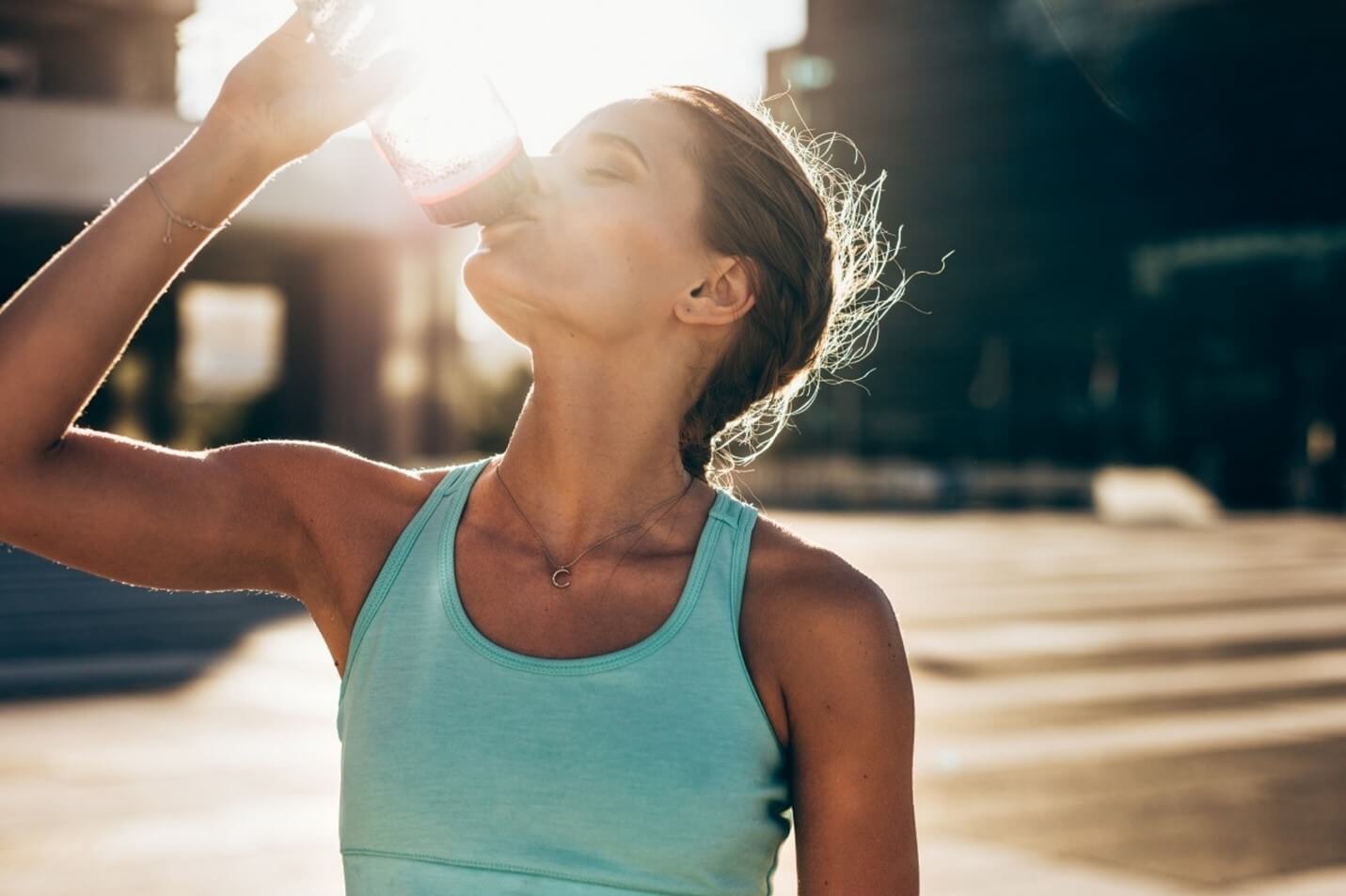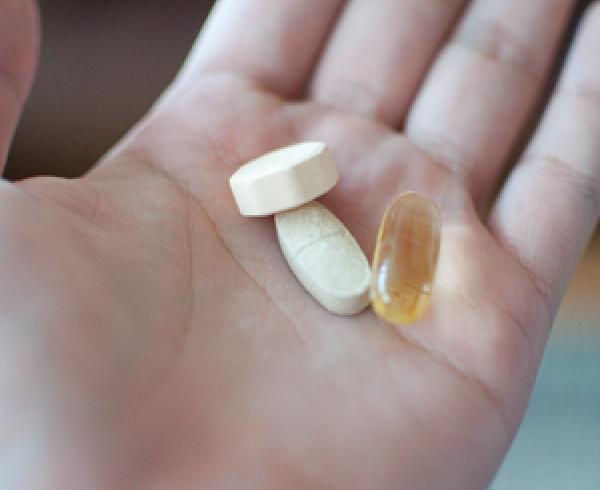Hydration
Research into hydration to optimize sports and exercise performance is also a key area. An array of factors can influence an individual’s hydration needs, ranging from physical environmental conditions to exercise intensity and duration. Since thirst does not track hydration needs well during exercise, researchers are focusing on aspects such as pre-workout hydration strategies and ways to self-assess hydration status.
Gut Microbiota
With research on the rise around the implications of gut microbiota on things like immunity and gastrointestinal health, it’s no surprise that sports nutrition researchers are also taking a closer look. Gut microbiota can harvest energy, produce bioactive metabolites, and influence the body’s physiology in several ways. Researchers are looking at the role of exercise in shaping gut microbiota composition, as well as the potential of finding an optimal health-associated gut microbiota that could improve performance and reduce recovery time.
Oxidative Stress
Research efforts are also focused on achieving a deeper understanding of oxidative stress in athletes, including the role of supplementation in mitigating the effects of stress, which include inflammation and fatigue. Since exercise can increase the production of damaging free radicals, researchers are exploring oxidative stress marker levels associated with different types of exercise, as well as antioxidant supplements that might reduce these levels.
Mental Health
Researchers are just beginning to understand the complex relationship between nutrition and mental health. For example, it’s known that certain nutritional deficiencies can interfere with normal brain function, which can influence things like focus and mood. As health researchers learn more about how certain nutrients can improve mental health, nutrition for mental health is likely to become a new focus area among sports nutrition researchers as a way to support optimal performance in athletes.




